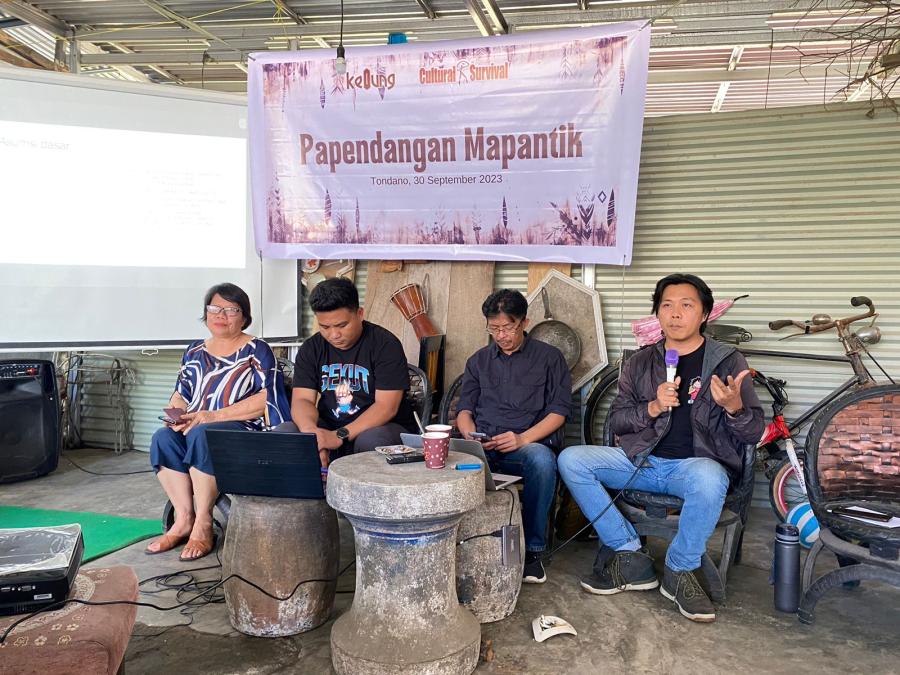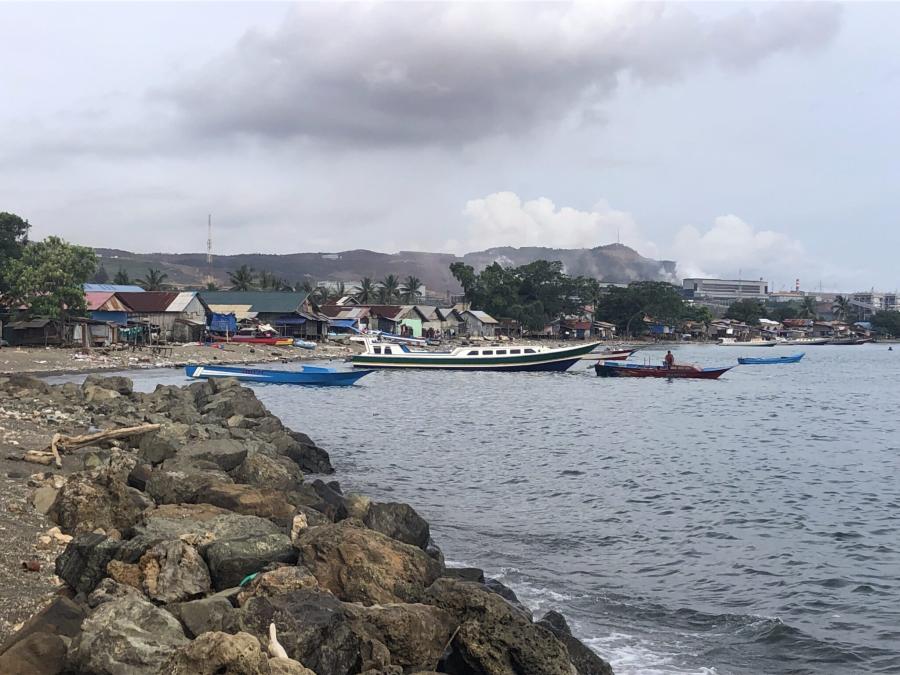Indonesia will charge only one of six Newmont Mining Corp. executives accused of dumping toxic waste into a bay, prosecutors said Tuesday, in a legal victory for the U.S. gold mining giant.
Robert Ilat, the chief prosecutor in the case, said his office plans to pursue charges against Newmont's top official in Indonesia, American Richard Ness, and the Denver-based company itself.
A trial could start within weeks, he said.
It was not immediately clear what charges Ness faces. But Indonesian officials said in the past he could be charged with corporate crimes that carry a jail sentence of up to 15 years.
The company's Indonesian subsidiary, Newmont Minahasa Raya, has been accused of causing dozens of residents on the island of Sulawesi to develop skin diseases and tumors.
The company began operations at the site, 2,000 kilometers (1,300 miles) northeast of Jakarta, in 1996 and stopped mining two years ago after extracting all the gold it could.
But the company continued processing ore until Aug. 31, 2004, when the mine was permanently shut.
The five other Newmont employees -- an Australian, an American and three Indonesians -- were involved in running the gold mine, but Ilat said there was "no material evidence" linking them to pollution in Buyat Bay.
A spokesman for Newmont said the company had not officially been informed of the prosecutor's decision.
With conflicting test results, it has been difficult to prove whether mine tailings were the cause of villagers' health problems and the depletion of fishing stocks in the bay.
The World Health Organization and an initial Environment Ministry report found that the water was unpolluted, but a subsequent ministry study found arsenic levels in the seabed were 100 times higher at the waste-dumping site than in other parts of the bay.
However, the latest government study released in May found heavy metal traces in villagers living close to the mine were within normal levels, although slightly higher than those living far from the facility.
Newmont has long lobbied the government against charging its employees in the case.
Instead, it has argued that authorities should charge the company, insisting it can prove that it did nothing wrong.
|
The Associated Press/JAKARTA, Indonesia |



